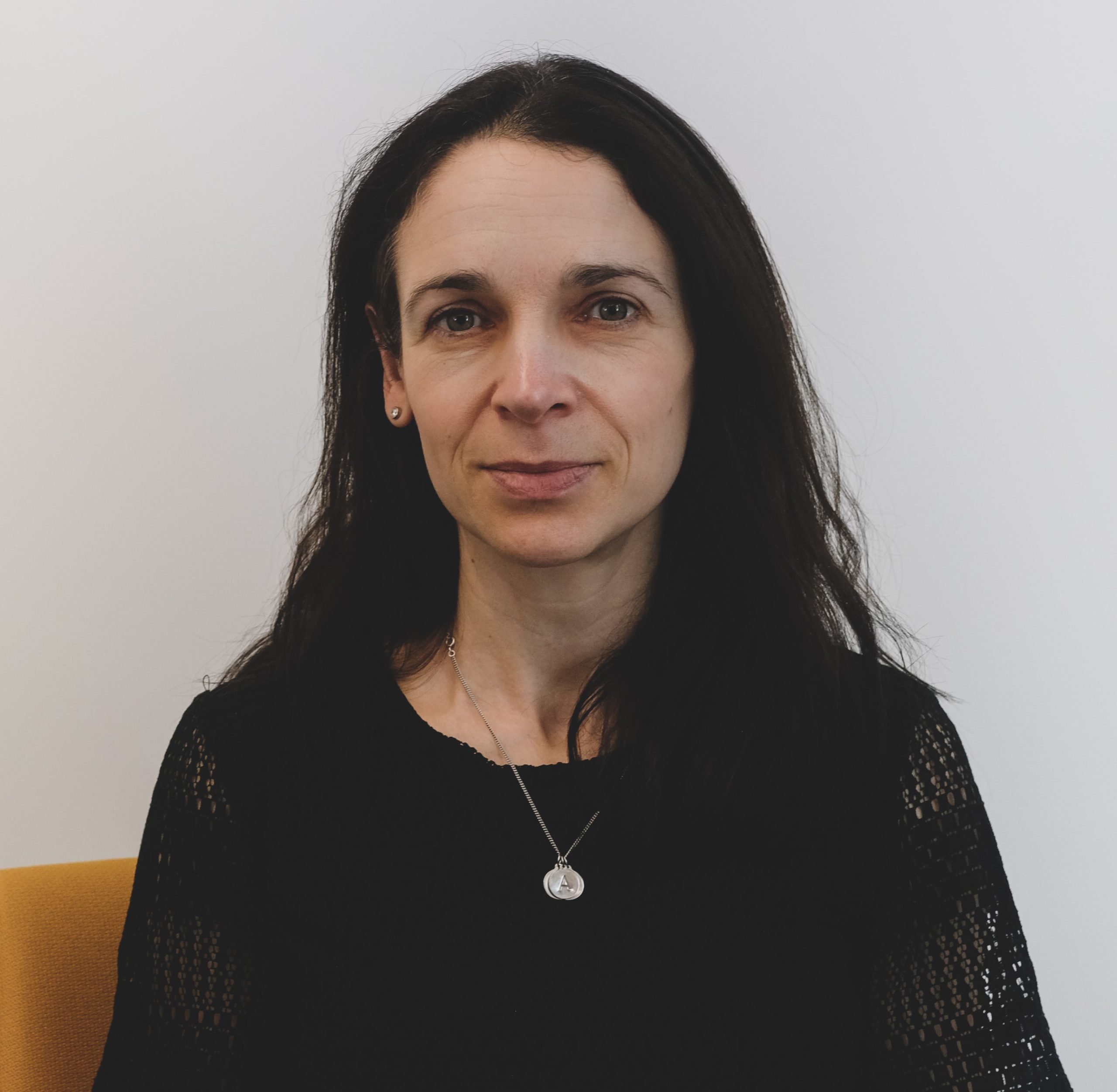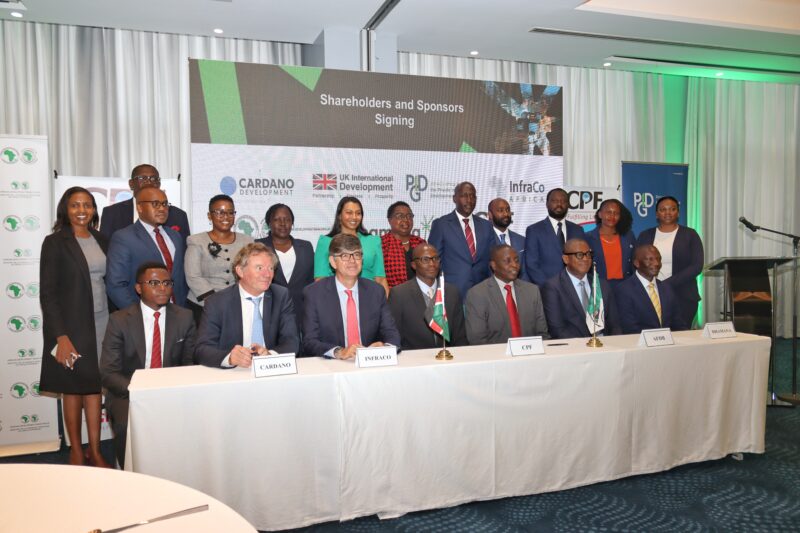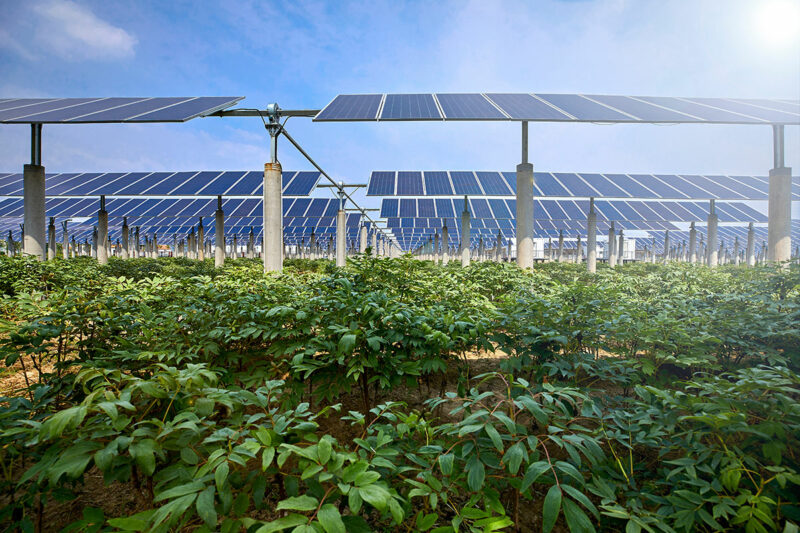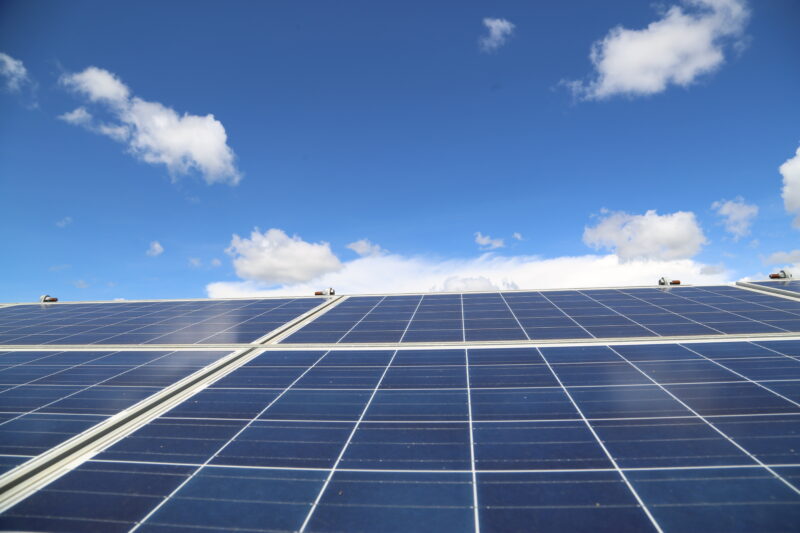Behind the scenes: Investing in women to accelerate progress on the UN SDGs
8th Mar 2024 | Leave a comment | By Claire Jarratt
At its recent launch in Entebbe, Uganda, my PIDG colleague Brenda Omuombo had the honour of officially naming the M.V. Mpungu. The vessel will become the first scheduled roll on / roll off freight vessel of its kind to operate on Lake Victoria. I have been involved with the East Africa Marine Transport (EAMT) project since its inception, and it is a joy to see it become a reality. The 96-metre-long vessel is now being operationalised and will make its first voyage later this year.
There is a long tradition of women launching vessels, with maritime lore suggesting that this practice will bring good luck and ensure the safety of all who travel on the vessel. However, despite performing this significant ceremonial role, in 2021, women made up just 1.2% of the global seafarer workforce.[i] EAMT is challenging this imbalance in East Africa. Forty percent of the deck ratings set to be employed on the vessel are women, half of whom will join the vessel’s crew in April, and the others will undertake a further year of training to become officers. Getting here has required investment in these individuals as well as wider work to overcome obstacles to their participation in the industry.
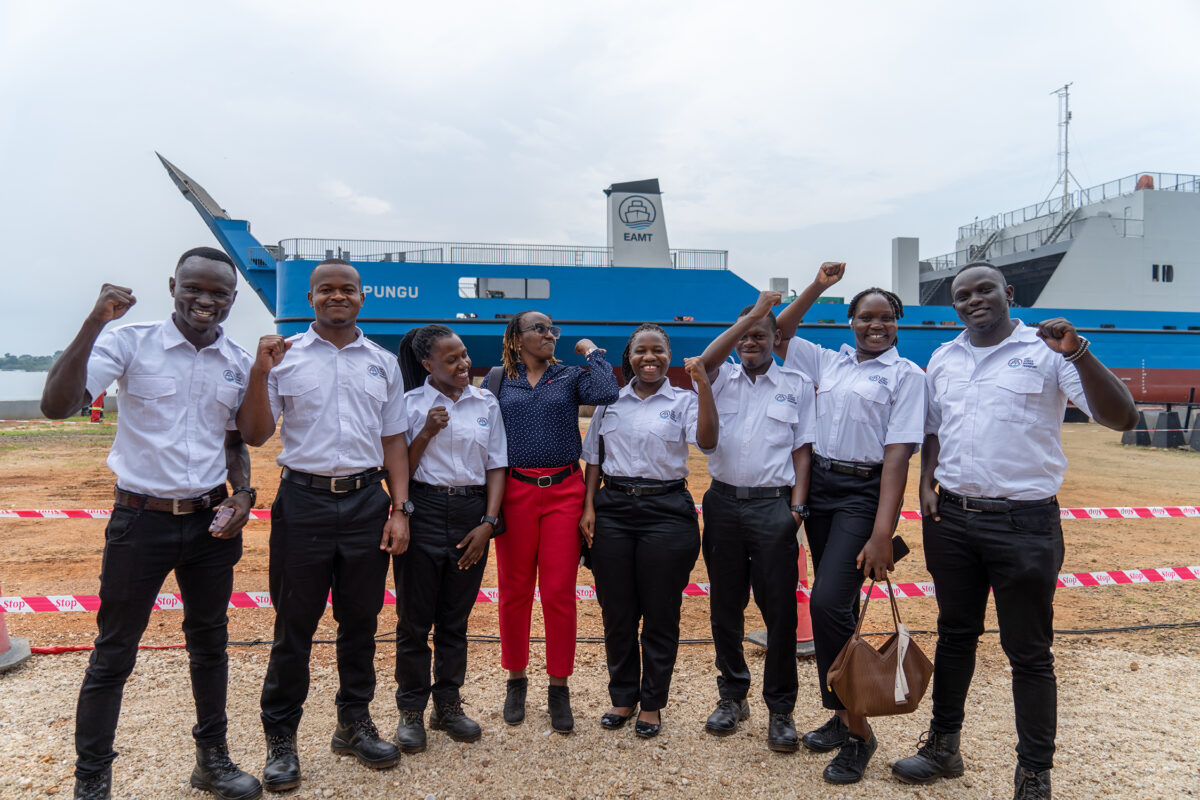
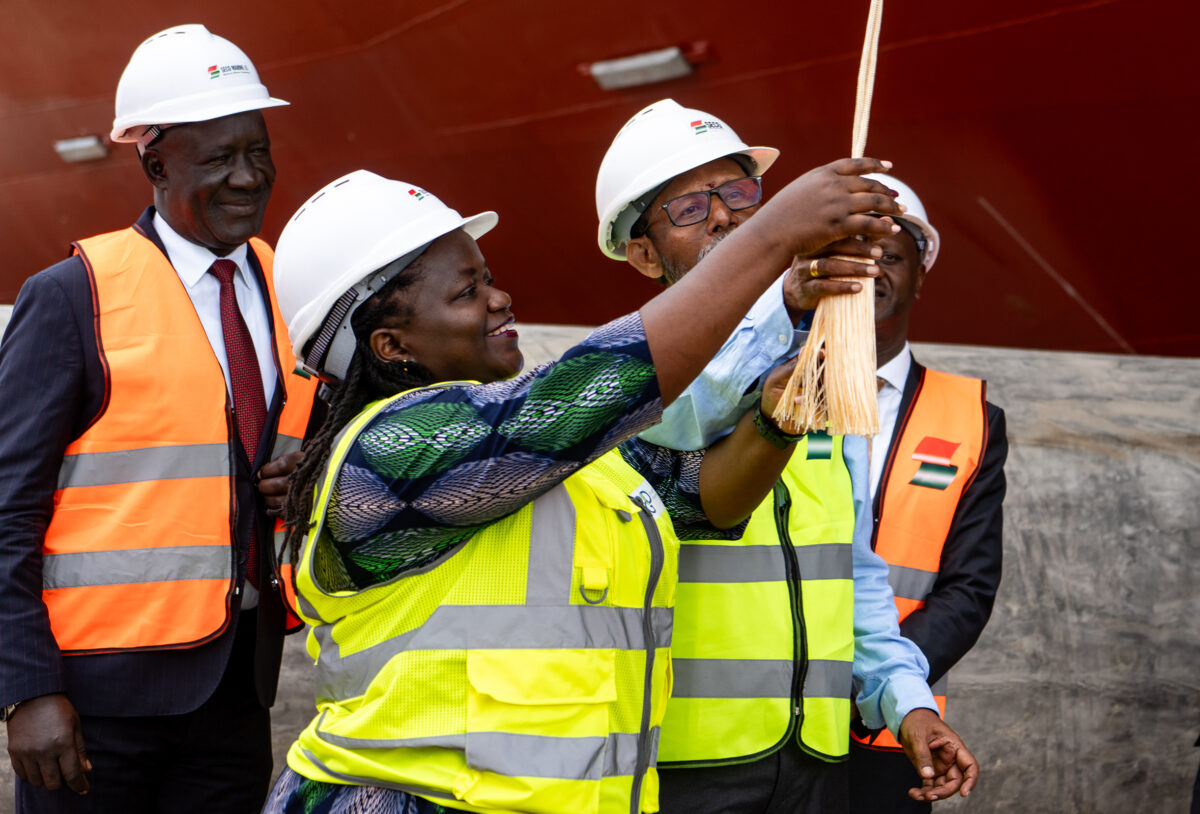
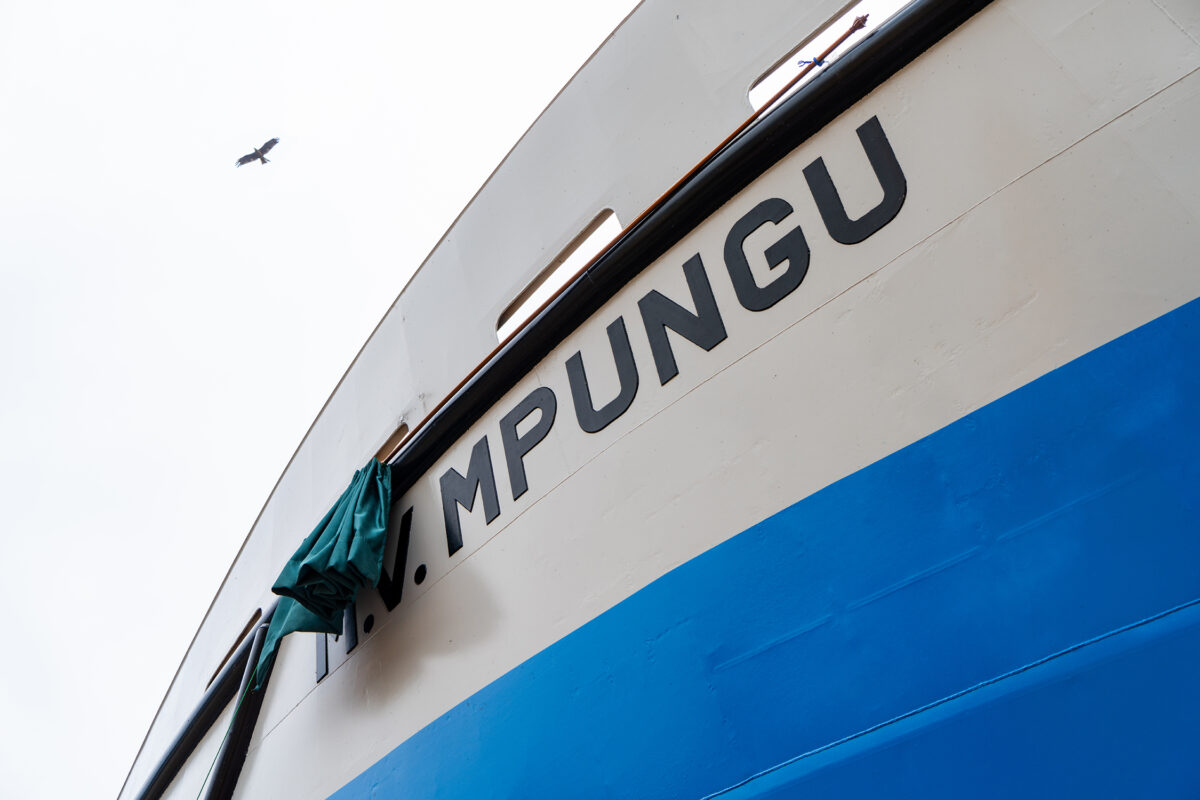
Looking beyond marine transport, it is vital to ensure that women and girls are not left behind as sub-Saharan African countries develop new infrastructure services. Investing in women is key to accelerating progress towards the achievement of, not just SDG 5 (Gender equality), but all of the UN Sustainable Development Goals. This is something that I would like to explore further here.
Why is it necessary to invest in women and girls?
It is first and foremost a question of fairness. The UN has stated that globally, women earn 20% less than men and spend two and a half times as many hours on household and care work.[ii] For many women in sub-Saharan Africa, such inequalities are exacerbated by societal norms and stereotypes and by practical constraints such as a lack of access to education, transport, electricity and running water, and to time-saving appliances which could lessen the domestic labour burden borne by women and girls on the continent.
There is also a strong economic argument, with estimates suggesting that improving gender equality could add up to US$316 billion to Africa’s GDP by 2025.[iii] From an investor’s perspective, pursuing gender equality has been shown to increase the competitiveness, profitability, and levels of innovation we can expect from the businesses and projects we support.[iv]
Finally, we simply cannot afford to overlook the skills and perspectives of women and girls – fifty percent of the planet’s population – if we are to succeed in addressing critical global challenges, such as climate change.
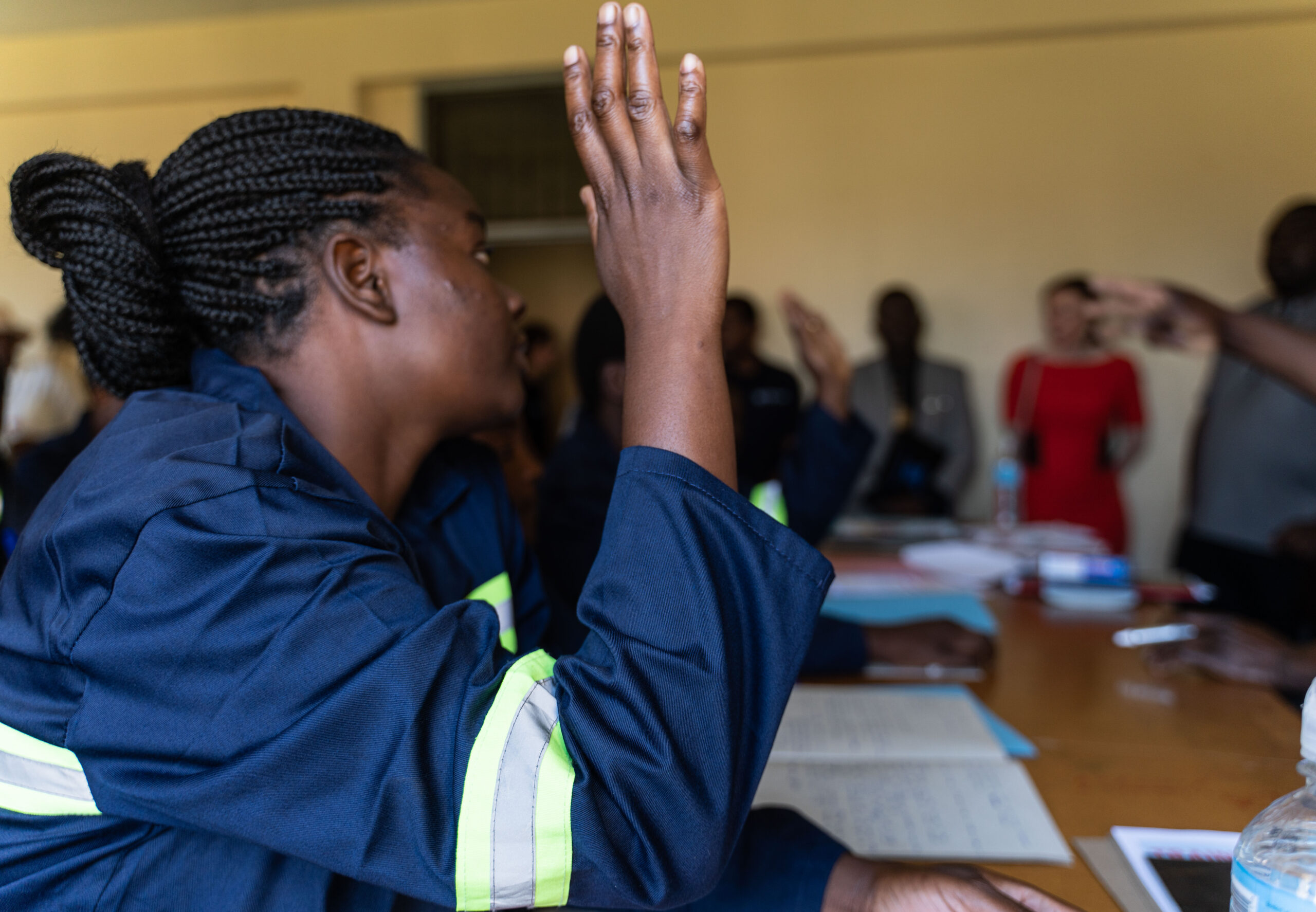
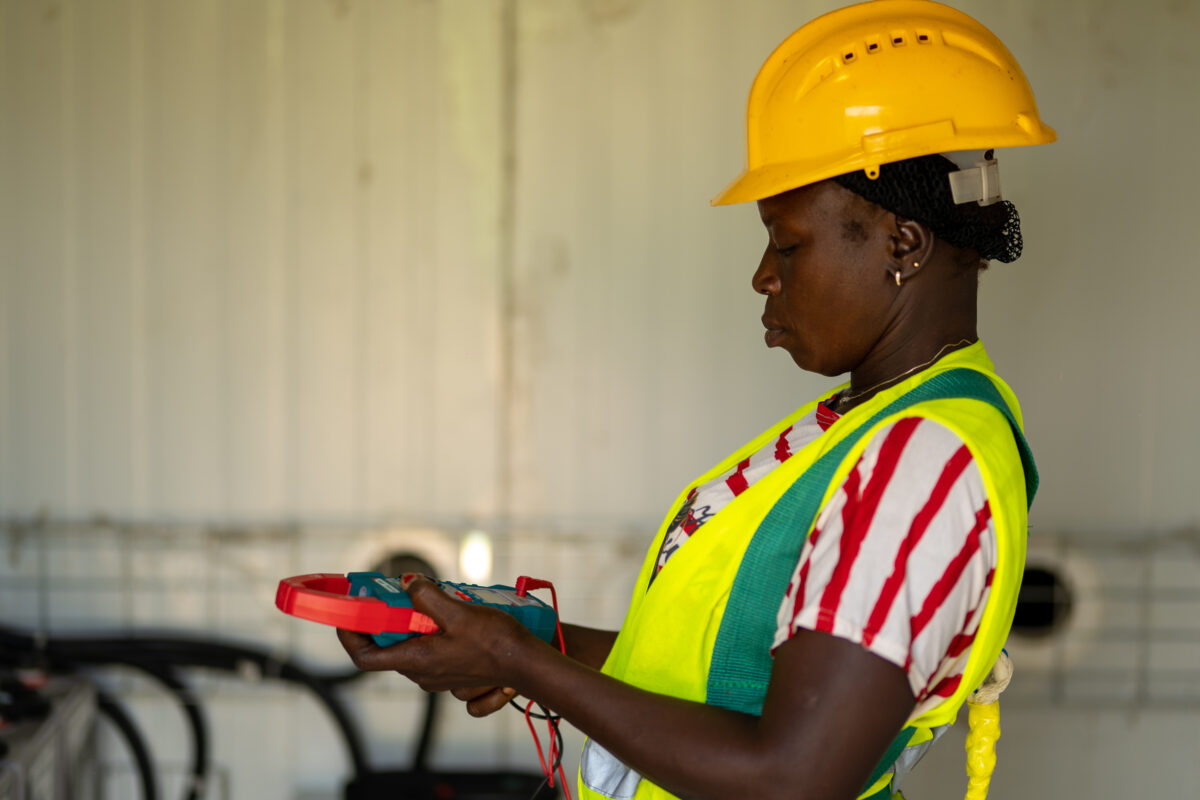
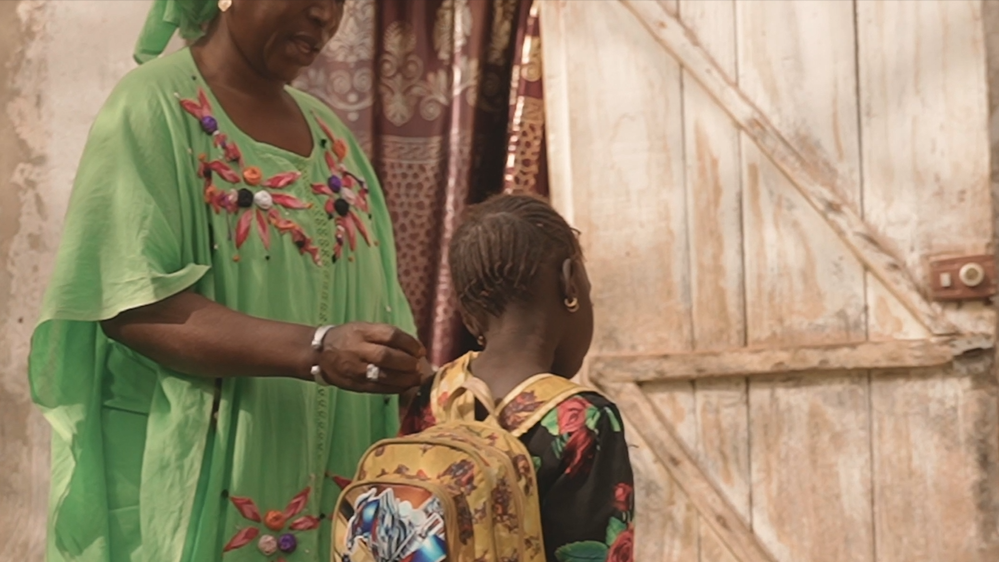
So, where do we start?
As Chief Investment and Risk Officer for PIDG company, InfraCo Africa, I am involved in screening all of our potential projects before they reach investment. We examine each opportunity through a gender lens. Not only are we seeking to ensure that women and girls are not adversely affected by proposed new infrastructure, but that they can be actively involved in shaping its design, be employed by the project or across its supply chains and will benefit from services being delivered in their communities.
The PIDG Impact team – comprised of experts from across the Group – combines its examination of the health, safety, environmental and social implications of new infrastructure projects for women, with work to identify ways in which our projects could be enhanced, and our funding leveraged, to actively empower women and girls.
Getting the fundamentals right: Health and education
If women are to fully participate in their country’s economy, they must be healthy and well educated and have access to family planning support.
Infrastructure has a key role to play at every stage of a person’s life: electricity in clinics can ensure safer deliveries, clean water, sanitation, and access to immunisation can prevent childhood illnesses, irrigation and cold storage can improve nutrition and food security, and safe transport can enable young people to access their schooling.
InfraCo Africa invests to close these infrastructure gaps across sub-Saharan Africa.
Our KUDURA and Sierra Leone Mini-grid projects are electrifying rural clinics, ensuring that vaccines can be kept cold, and women can deliver their babies safely during night-time hours. Our Chiansi irrigation project secured PIDG Technical Assistance (PIDG TA) funding to build a new maternity unit, working with the Zambian government to equip and staff this purpose-built facility. In Malawi, we worked with our partners on the Salima Solar project to leverage grant funding for a regional programme to address high maternal and infant mortality rates. In Zimbabwe, Mobility for Africa’s electric three-wheeler Hambas enable healthcare workers to deliver polio vaccinations in remote communities.
KUDURA is piloting the pumping and purification of water for homes and businesses in Kenya’s remote Turkana County, whilst our Kalangala Infrastructure Services project has been providing clean water to communities on Uganda’s Bugala Island since 2015, driving down the incidence of water-borne disease.[v]
In Zambia, our Chiansi and Chanyanya irrigation projects enable farmers to increase their yields in the face of climate change. Our most recent investment sees us adopt an even more ambitious approach, supporting SunCulture’s efforts to roll out Internet-of-Things-enabled solar powered irrigation systems to hundreds of thousands of smallholder farmers across sub-Saharan Africa. SunCulture’s offering displaces polluting diesel pumps and pioneers the use of carbon credits to ensure that irrigation remains affordable for smallholders. Post harvest, InspiraFarms Cooling and Equatorial Power are supporting farmers to prevent food loss through modern storage and processing facilities.
Our off-grid solar projects also enable girls to study in the evenings, improving their grades and opening up opportunities for further education.
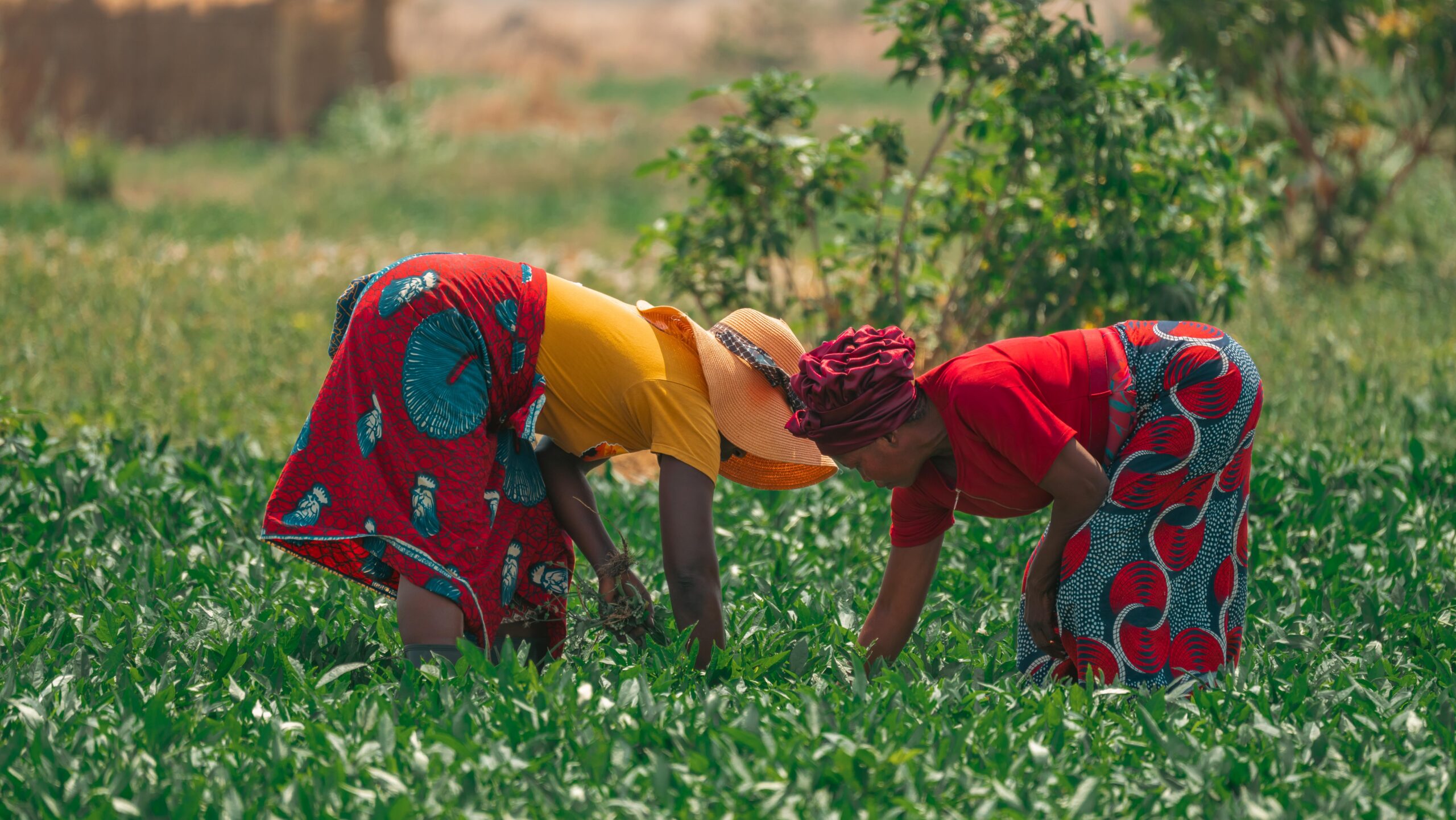
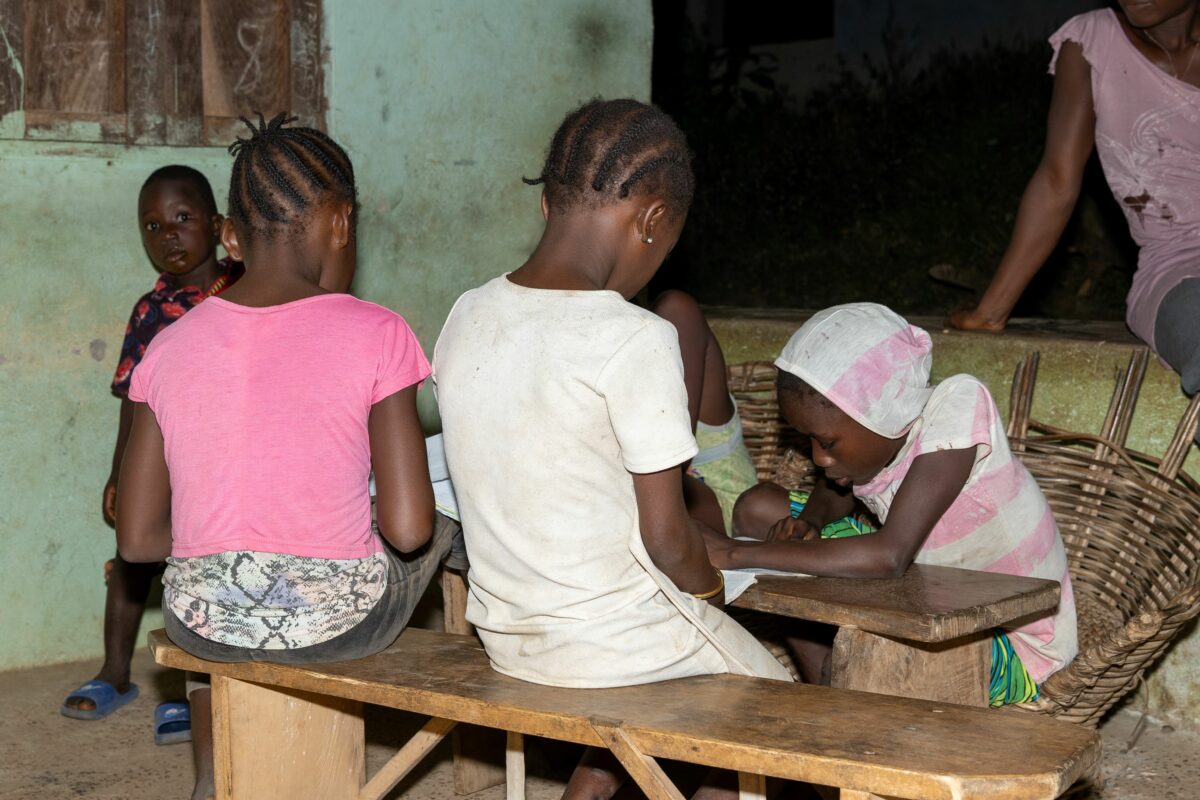
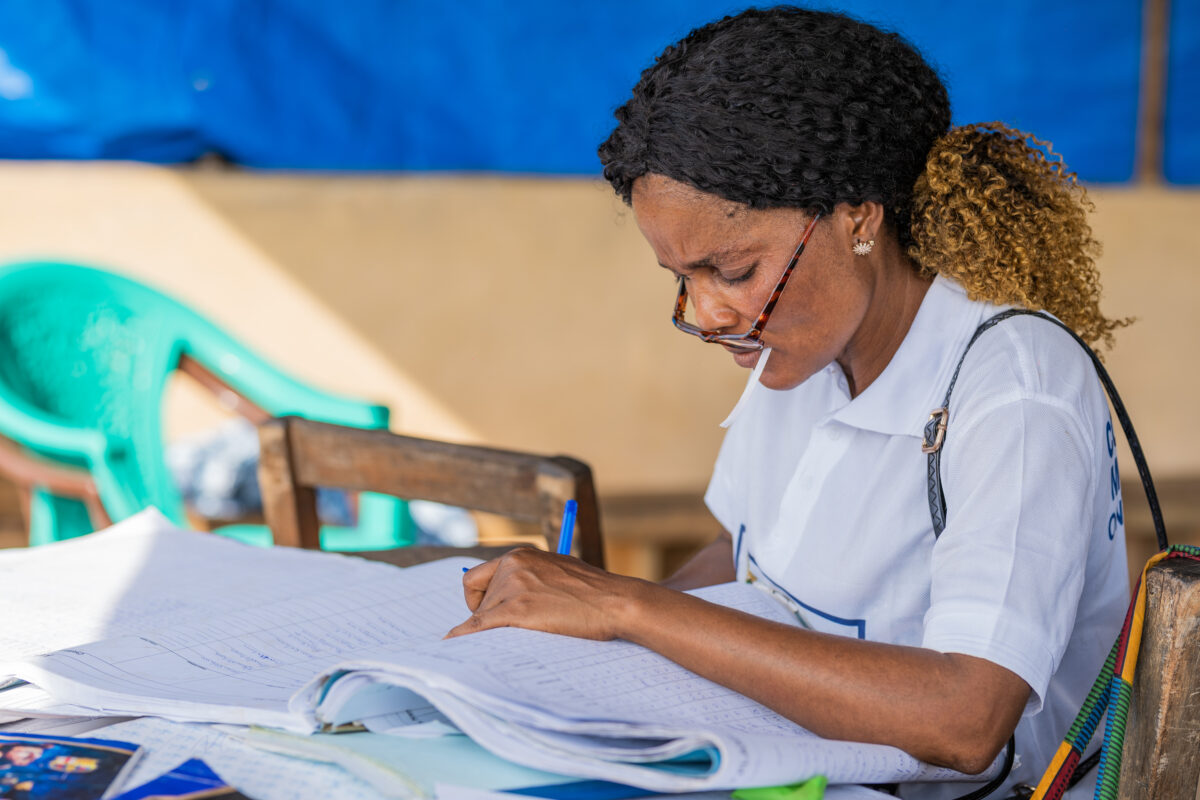
Investing our expertise and finance to tackle these basic needs for women and girls is key to achieving SDGs 2 (Zero hunger), 3 (Health and Well-being), 4 (Quality education), 6 (Clean water and sanitation) and 7 (Affordable, clean energy), for all.
Addressing ‘time poverty’ to grow the female workforce
As I touched on earlier, the burden of domestic labour consumes many women’s time, leaving little opportunity for paid employment.
Access to electric Hambas in rural Zimbabwe has enabled women to undertake domestic tasks such as transporting children, firewood, and water more quickly, leaving them with time to invest in farming and other economic activities. Before the Hambas, one lady told us that she would have to carry a single bucket of tomatoes 12km to market on her head, with the produce spoiling in the sun. With access to an electric vehicle, female cooperatives are transporting larger quantities of produce to market, more swiftly, preventing food loss and enabling them to expand their production to meet market demand.[vi]
Access to KUDURA’s affordable domestic appliances saves women time on household chores which they can invest into their business activities. With lighting to lengthen their days and access to powered appliances such as sewing machines and hair clippers, rural women are starting small businesses to supplement their family incomes.
In Malawi, we have leveraged PIDG TA grant funding to support our partner’s work to drill boreholes for communities close to our Salima and Golomoti Solar plants – saving women and girls’ time collecting water from distant sources. The initiative has also trained Water Committee members – many of whom are women – to manage and maintain clean water supplies for their communities, reducing time lost to illness and caring for sick family members.
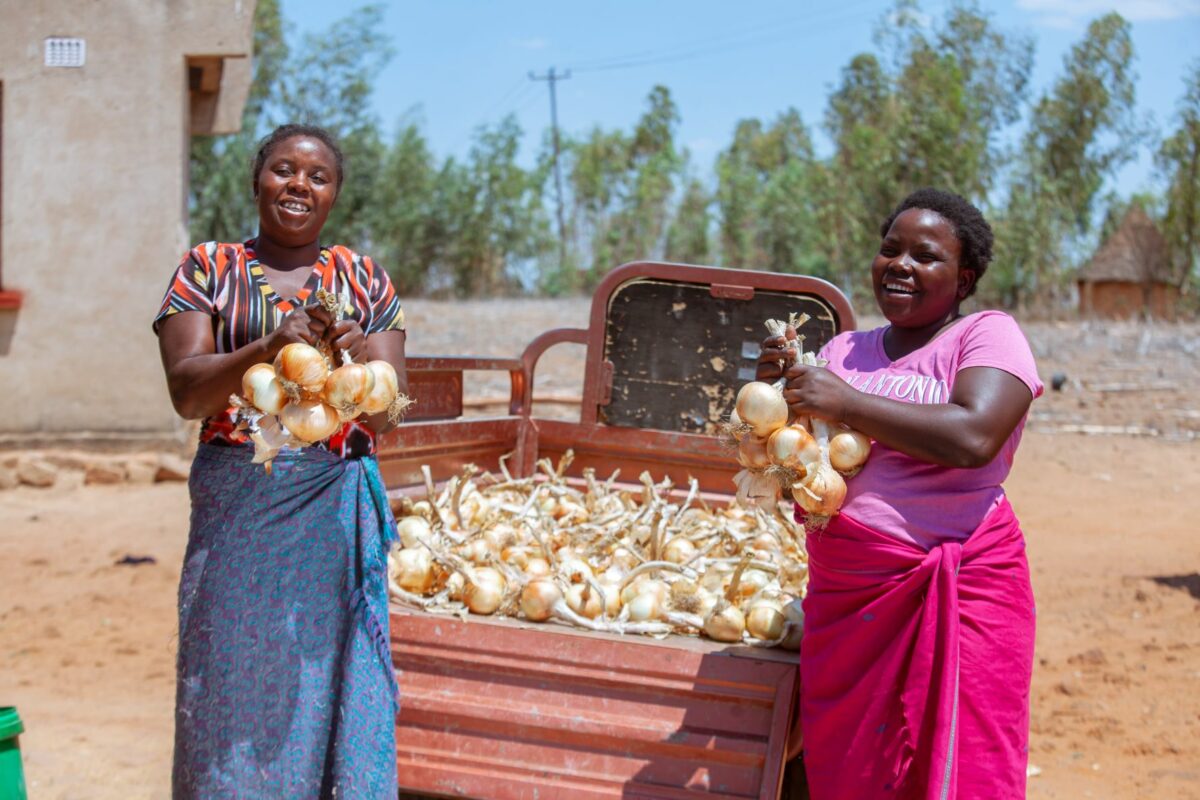
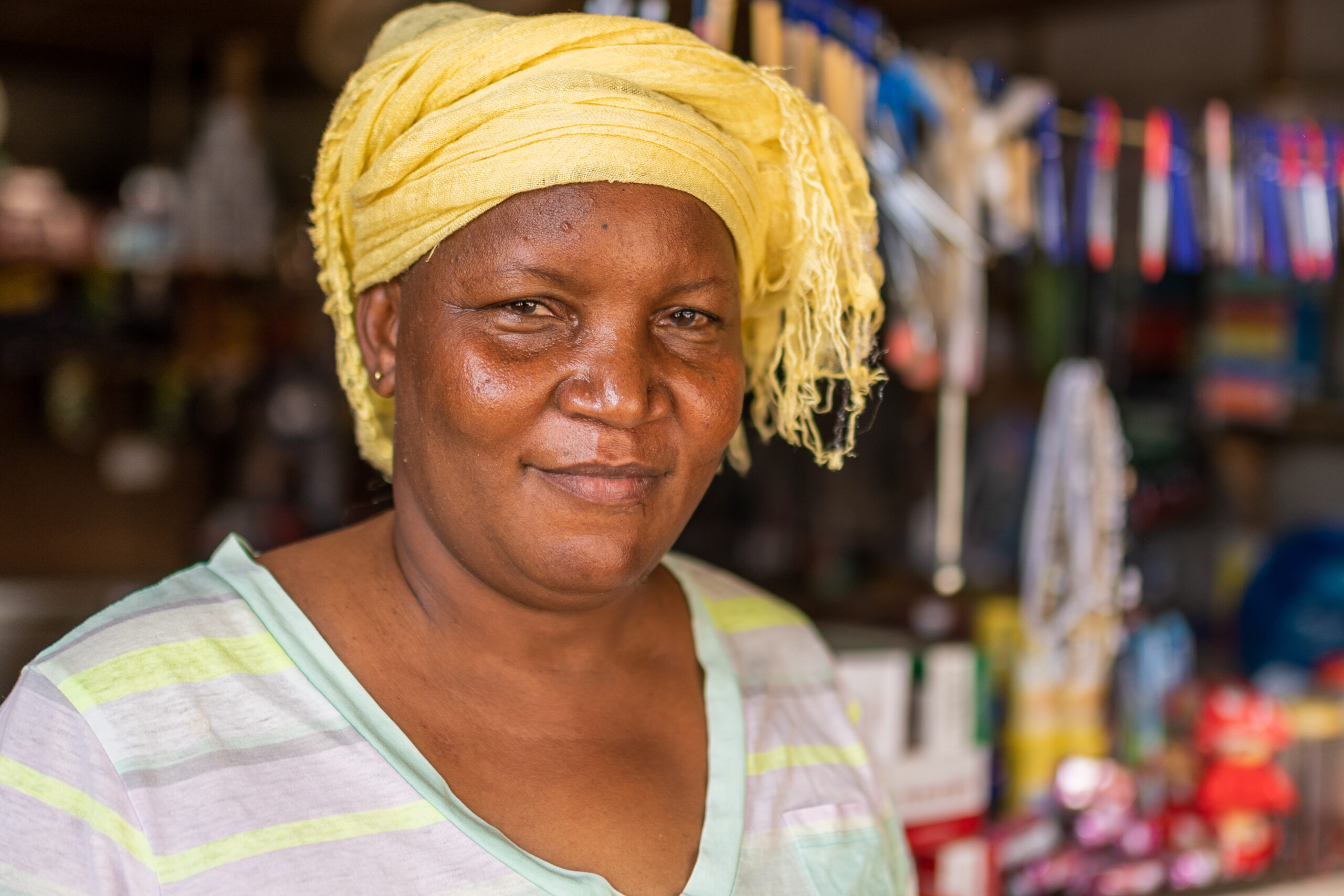
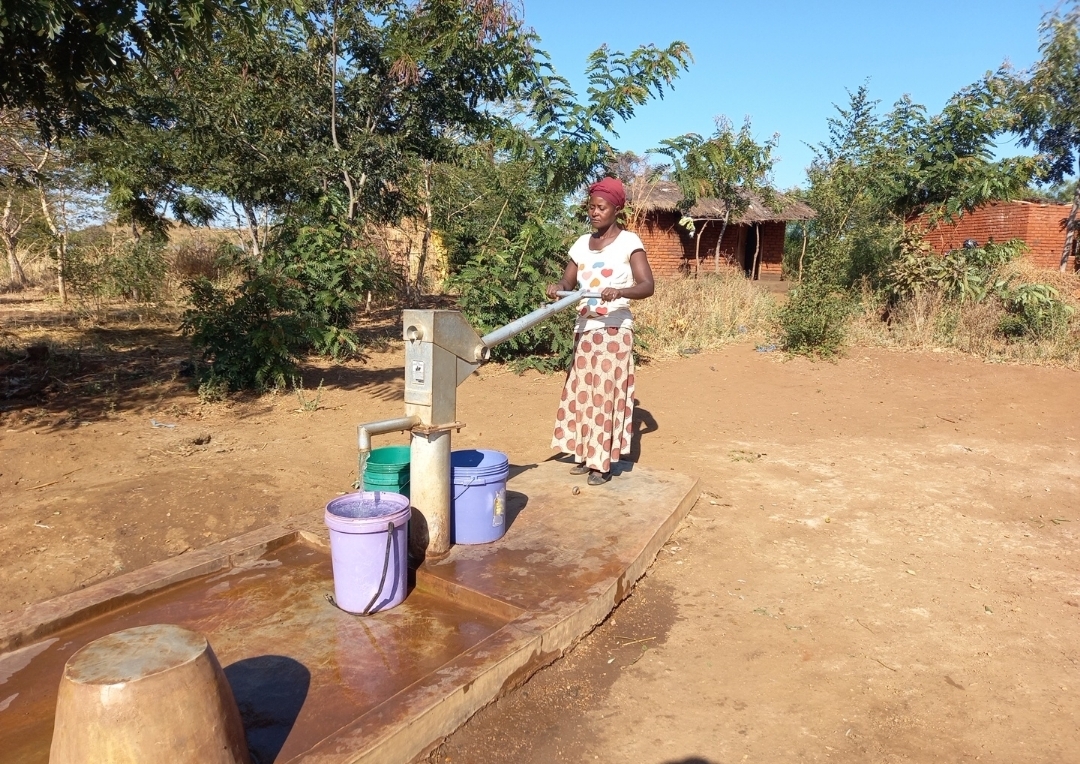
Levelling the playing field for women to enter the workforce will support wider efforts to achieve decent work and economic growth for all (SDG 8), building the sustainable cities and communities (SDG 11) of the future.
Investing in women’s growth and development
With more women available for employment, we need to ensure that they have access to the skills and training needed to compete for roles across the infrastructure industry and beyond.
In the 2022/3 academic year, forty-three percent of students enrolling in Kenyan universities were female.[vii] The majority of these students are attending universities in the capital Nairobi,[viii] and our Acorn investment is supporting the company to build affordable student accommodation in the city. Acorn’s housing has been specifically designed to ensure student’s safety and security through biometric access, designated female floors, and the employment of female security staff.
As we did for the mariners of EAMT, we also encourage women into the infrastructure industry through the direct provision of vocational training. In Uganda, our Zembo electric motorcycle taxi company has twenty-five female riders on its books and is growing its workforce of female technicians responsible for swapping and refurbishing batteries, training them up for jobs in Africa’s growing green economy. With support from PIDG TA, Mobility for Africa is developing a certificated programme of technical and entrepreneurial training to support the growth of Zimbabwe’s electric mobility ecosystem and is actively encouraging women to participate.
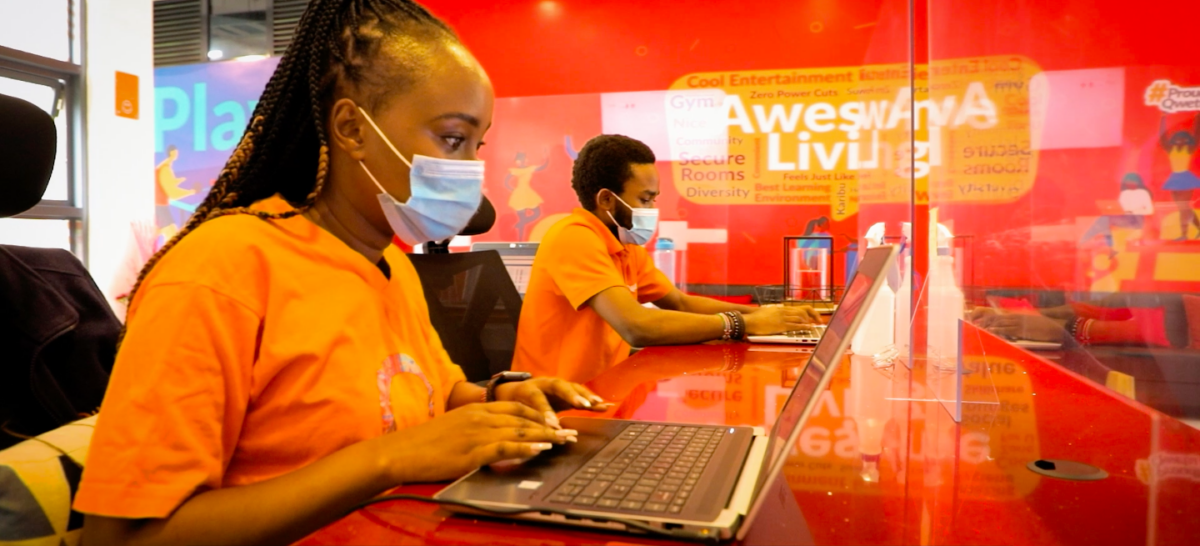
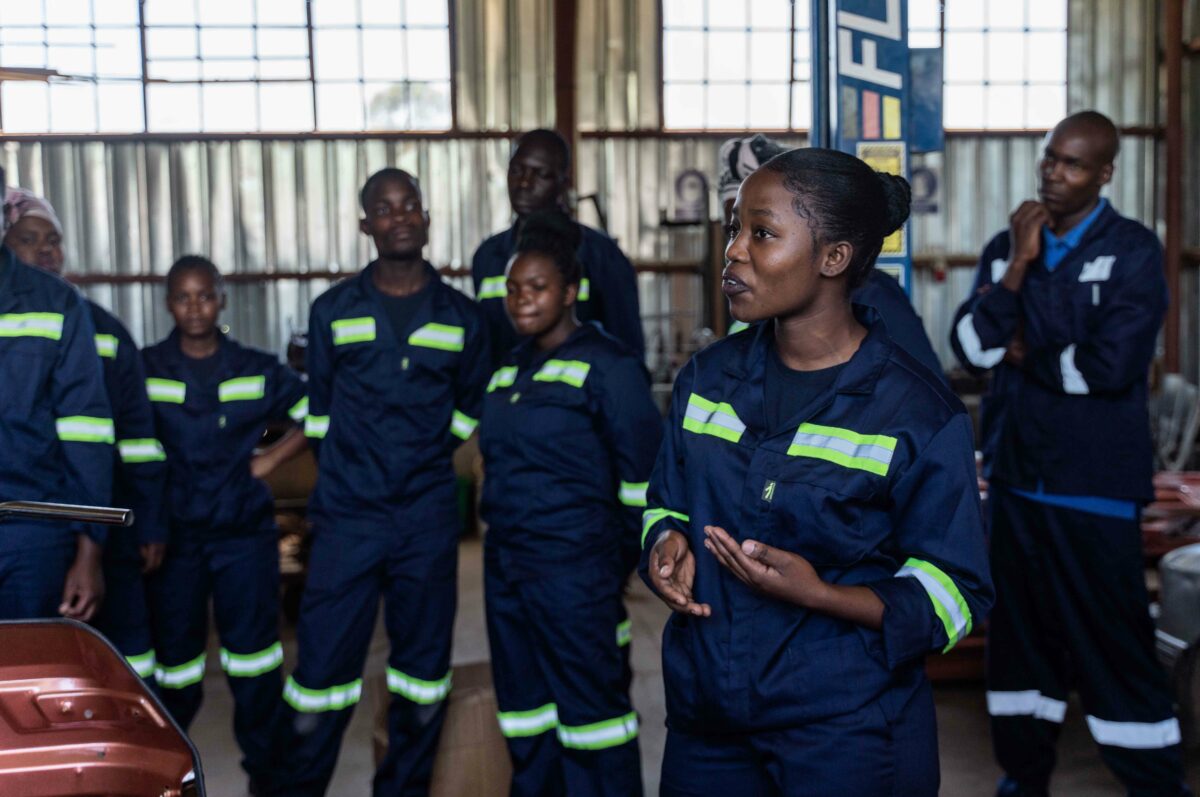
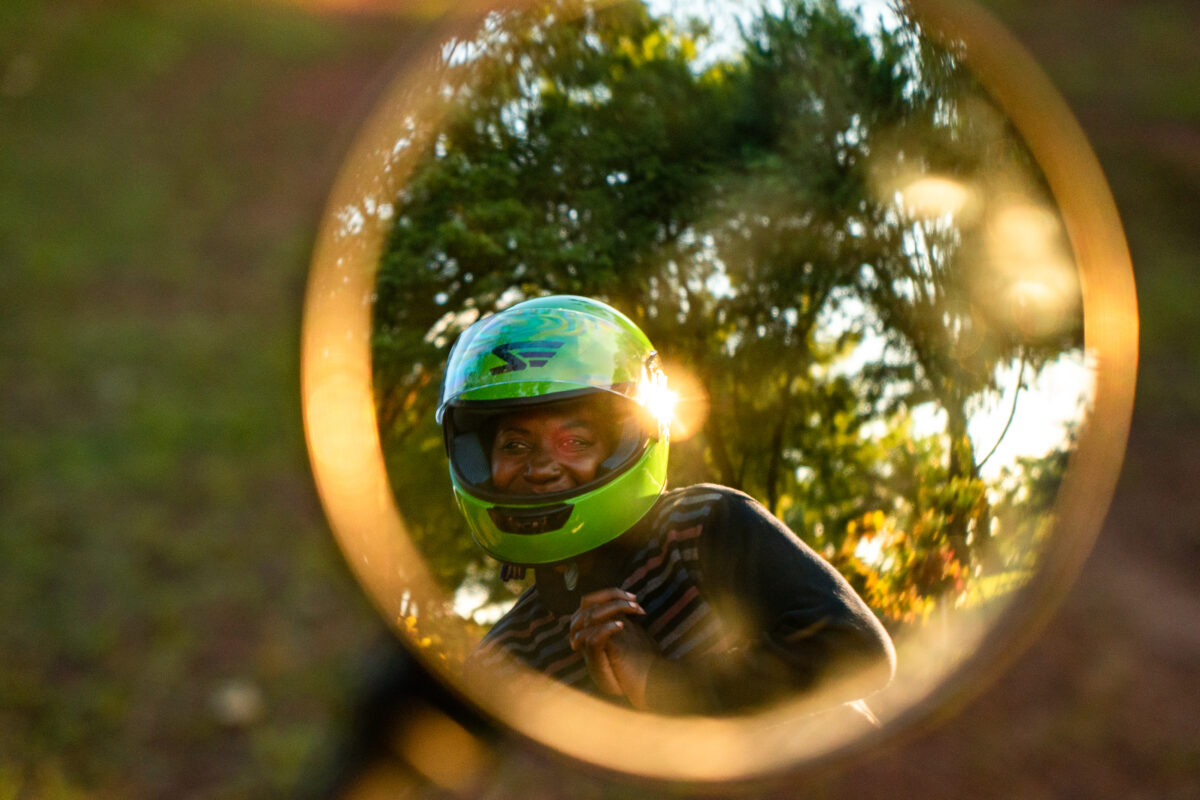
As I can personally attest, women also have a key role to play in the board room. I am InfraCo Africa’s Chief Investment and Risk Officer and I sit on the Boards of Off-grid Power in Sierra Leone and of InfraCredit Nigeria. I also have a young family. Women are increasingly undertaking business facing senior roles in our industry, our female-led investee companies include Mobility for Africa and Africa GreenCo and, at Acorn, the chair responsible for managing the REITs is female, and the majority of the company’s board are women. Another exciting investment of ours is Mawingu telecoms in Kenya; in the first year of InfraCo Africa’s involvement, Mawingu has increased the percentage of women in senior management positions to thirty-six percent, with the intention to reach fifty percent this year. This should not be worthy of note in 2024; we must continue to normalise women’s participation at all levels of a business, ensuring that women and girls have access to strong mentors and role models and that we are committed to creating an environment which facilitates the realisation of their full potential.
Ensuring that Africa’s women and girls can access quality education and training (SDG 4), will increase household incomes, and promote vital future industry, innovation, and infrastructure development (SDG 9) on the continent.
Women and climate change
Whilst there is much to celebrate in the growth of the female workforce, much of the progress being made could be undone by the impacts of climate change. These too disproportionately impact women and girls.
A recent article by PIDG Board member, Rachel Kyte, and her colleague at Climate Resilience for All, Kathy Baughman McLeod,[ix] set out that women are fourteen times more likely to die in a disaster and are more likely than men to experience food insecurity.[x] Perhaps the starkest statistic they quote is that eighty percent of climate migrants are women and girls, leaving them vulnerable to exploitation and early marriage, and with poor access to healthcare and education,[xi] taking us back to those very fundamentals we have been working to address…
At InfraCo Africa, and across the PIDG, we are committed to climate action (SDG 13); developing climate-resilient infrastructure that promotes sustainable economic development. We have strong backing for our mission from our Owners – the governments of the UK (FCDO), the Netherlands (DGIS) and Switzerland (Seco) – and from our project partners, who recognise that infrastructure built today will need to support communities and individuals to withstand and adapt to an unpredictable future climate if we are to have truly delivered on our mandate.
Accelerating change
Whilst challenges remain, change is happening.
One of the key barriers to women’s participation in the economy is a lack of access to credit which could enable them to grow their businesses, reinvesting earnings to improve their own livelihoods and grow the wider economy.[xii] To address this, we have embedded a gender lens in the investment criteria of the credit enhancement facilities (CEFs) we support. Not only will this open up access to guarantees for more female-led businesses, but it will ensure that those companies that receive support from InfraCredit Nigeria and the Dhamana Guarantee Company in Kenya, prioritise the inclusion of women at all levels of their business.
And the CEF model can go further. In 2023, InfraZamin Pakistan, supported by our sister PIDG companies, guaranteed South Asia’s first ever gender bond to support women-led micro-infrastructure businesses in Pakistan, proving that step-changes can happen.
By continuing to invest in women, we, as PIDG companies, can play an instrumental role in accelerating that change.
[i] New BIMCO/ICS Seafarer Workforce Report warns of serious potential officer shortage | International Chamber of Shipping (ics-shipping.org)
[ii] International Equal Pay Day | United Nations
[iii] Advancing women’s equality in Africa | McKinsey
[iv] https://www.oecd.org/forum/oecdyearbook/push-gender-equality-economic-sense.htm
[v] KIS – Kalangala Infrastructure Services Ltd
[vi] Adefi-Mtambo.pdf (infracoafrica.com)
[vii] Kenya: university enrolment by gender 2016-2023 | Statista
[viii] https://www.statista.com/statistics/1237860/number-of-students-in-selected-public-universities-in-kenya
[ix] Can women close the climate ‘gates of hell’? | Context
[x] GenderSnapshot_2022.pdf (unwomen.org)
[xi] Climate change exacerbates violence against women and girls | OHCHR
[xii] Sub-Saharan Africa: the financial gender gap between men and women (worldbank.org)


